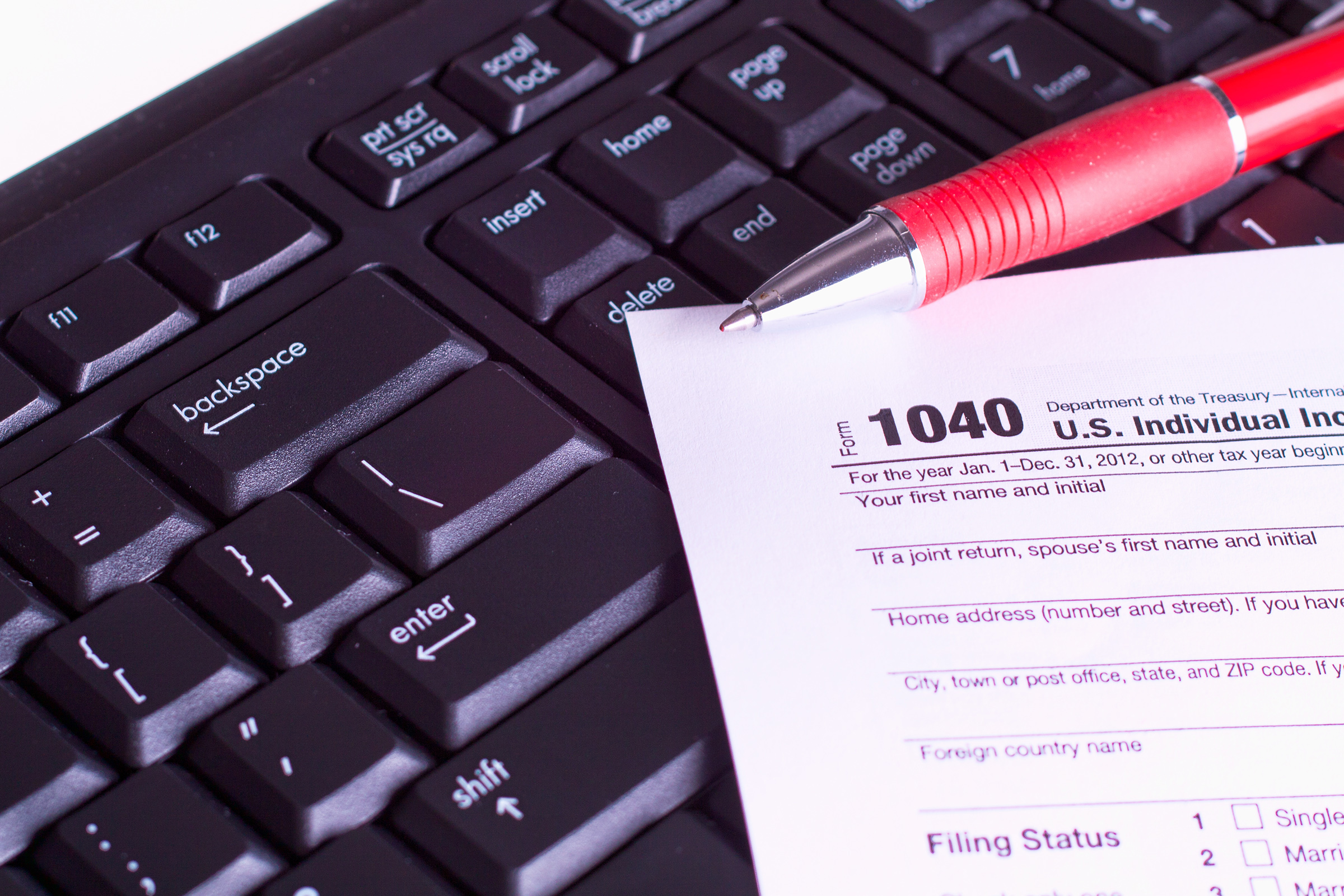Most people feel some relief after filing their income tax returns each year. But even if you’ve successfully filed your 2024 return, you may still have questions. Here are three common ones.
1. What's the Status of Your Refund?
You can learn the status of your tax refund using an IRS online tool. Go to irs.gov and click on “Get Your Refund Status.”
You’ll need your Social Security number, filing status and refund amount.
2. What if You Forgot to Report Something?
In general, you can file an amended tax return and claim a refund within three years after you filed your original return or within two years of the date you paid the tax, whichever is later. So, if you filed your 2024 tax return on April 15, 2025 (the due date for 2024 returns), and barring any changes in the rules, you’ll generally have until April 18, 2028 (because April 15 is a Saturday and April 17 is a holiday in Washington, DC) to amend your return.
However, there are a few situations when you’re allowed more time to file an amended return. One example is claiming a bad debt deduction. Generally, you may amend your tax return to claim a bad debt for seven years from the tax return’s due date for the year the debt became worthless.
3. How Long Must You Keep Tax Records?
Retain tax records as long as the IRS can audit your return or assess additional taxes. The statute of limitations is generally three years after filing, meaning most 2021 tax year records can now be discarded if you filed by the April deadline in 2022. If you filed an extension, keep records from the extended due date for three years.
The statute extends to six years for substantial underreporting (over 25% of gross income). There’s no time limit if you never filed or filed fraudulently. So, keep actual tax returns indefinitely to prove legitimate filing.
Retirement account records should be kept until the account is depleted, plus three (or six) years. Real estate and investment records should be kept for as long as you own the asset, plus at least three years after selling, or six years to be extra cautious.
Being diligent with recordkeeping can help you avoid IRS issues down the line.
Still Have Questions?
Contact the office for help finding answers about your refund, filing an amended return or record retention.
408-252-1800
Photo by WOSUNAN from Freerange Stock.




